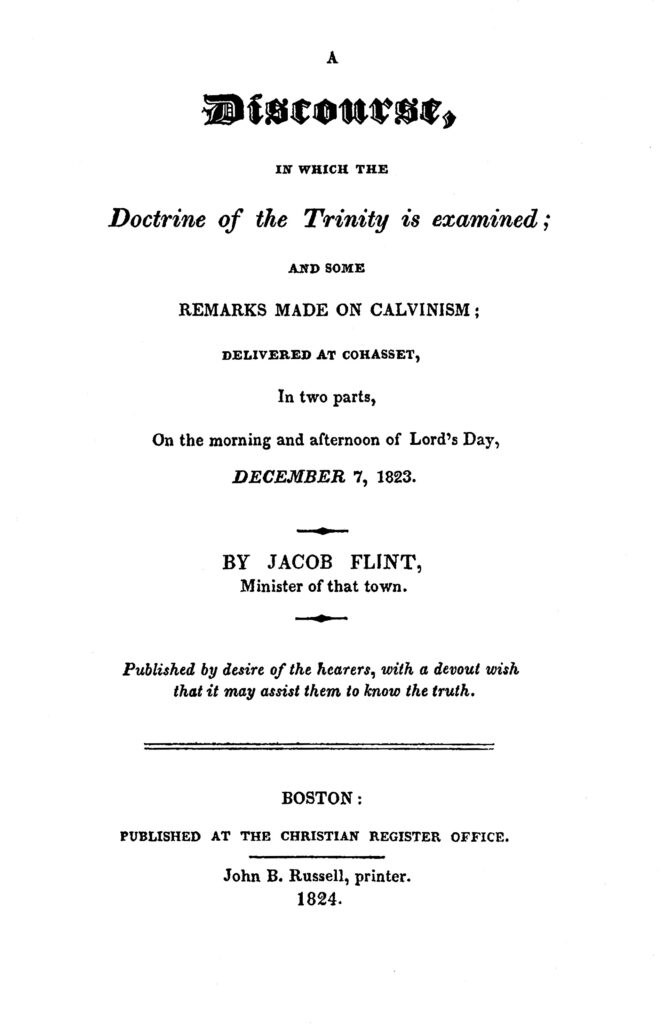Although I’m not a philosopher, I was trained in philosophy. So when I hear arguments, I tend to want to ask some questions about any given argument. What’s the origin of this argument — is it a perennial argument, or did it begin at some point in time? What’s the purpose of this argument? Since most arguments do not reduce to Boolean logic, what are some of the diverse positions taken in this argument?
Currently, there are arguments in pop culture about sex and gender. Pop culture usually reduces these arguments to a simple binary: traditionalists vs. progressives. But even a cursory examination shows that the so-called “progressive” camp includes a diversity of opinions.
I found a useful essay that surveys these diverse opinions on the Stanford Encyclopedia of Philosophy. “Feminist Perspectives on Sex and Gender” by Mari Mikkola (18 Jan 2022 revision) gives a summary of some of the more prominent issues.
Especially useful are the tidbits of intellectual history scattered through this essay. Take, for example, the origin of the current distinction between sex and gender, which dates only to the 1960s:
“…Psychologists writing on transsexuality were the first to employ gender terminology in this sense. Until the 1960s, ‘gender’ was often used to refer to masculine and feminine words, like le and la in French. However, in order to explain why some people felt that they were ‘trapped in the wrong bodies’, the psychologist Robert Stoller (1968) began using the terms ‘sex’ to pick out biological traits and ‘gender’ to pick out the amount of femininity and masculinity a person exhibited. Although (by and large) a person’s sex and gender complemented each other, separating out these terms seemed to make theoretical sense allowing Stoller to explain the phenomenon of transsexuality: transsexuals’ sex and gender simply don’t match. Along with psychologists like Stoller, feminists found it useful to distinguish sex and gender. This enabled them to argue that many differences between women and men were socially produced and, therefore, changeable….” [Section 1.2]
So “gender” is a relatively recent concept. But our concept of “sex” is also fairly recent:
“…Our concept of sex is said to be a product of social forces in the sense that what counts as sex is shaped by social meanings. Standardly [sic], those with XX-chromosomes, ovaries that produce large egg cells, female genitalia, a relatively high proportion of ‘female’ hormones, and other secondary sex characteristics (relatively small body size, less body hair) count as biologically female. Those with XY-chromosomes, testes that produce small sperm cells, male genitalia, a relatively high proportion of ‘male’ hormones and other secondary sex traits (relatively large body size, significant amounts of body hair) count as male. This understanding is fairly recent. The prevalent scientific view from Ancient Greeks until the late 18th century, did not consider female and male sexes to be distinct categories with specific traits; instead, a ‘one-sex model’ held that males and females were members of the same sex category. Females’ genitals were thought to be the same as males’ but simply directed inside the body; ovaries and testes (for instance) were referred to by the same term and whether the term referred to the former or the latter was made clear by the context…. It was not until the late 1700s that scientists began to think of female and male anatomies as radically different moving away from the ‘one-sex model’ of a single sex spectrum to the (nowadays prevalent) ‘two-sex model’ of sexual dimorphism.” [Section 3.2; emphasis is mine]
Thus, our current understanding of “biological sex” is not an ageless, universal concept. To use Theodore Parker’s terminology, “sex” and “gender,” then, are transient concepts rather than permanent concepts. All this is useful to know when someone tells you, with great sincerity, that a certain definition of “sex” or “gender” is the one true and correct definition. That may be true at this moment, but it was not necessarily true in the past, and it won’t necessarily be true in the future.
None of this should distract us from the very real injustices that stem from widely-held concepts of “sex” and “gender.” But this may helps explain why we humans seem to take such a long time to achieve justice. Remember what Parker said about justice:
“I do not pretend to understand the moral universe, the arc is a long one, my eye reaches but little ways. I cannot calculate the curve and complete the figure by the experience of sight; I can divine it by conscience. But from what I see I am sure it bends towards justice.”
Indeed, our eye reaches but a little ways along the arc of the moral universe. And nor can we yet “calculate the curve.”

